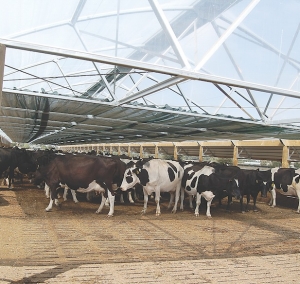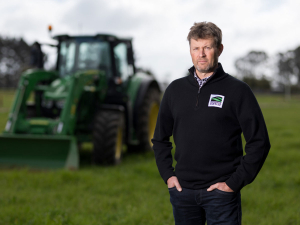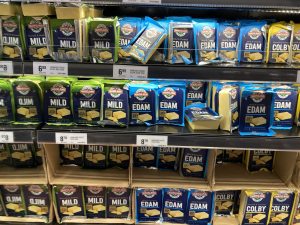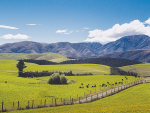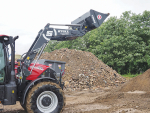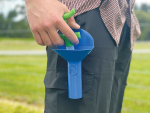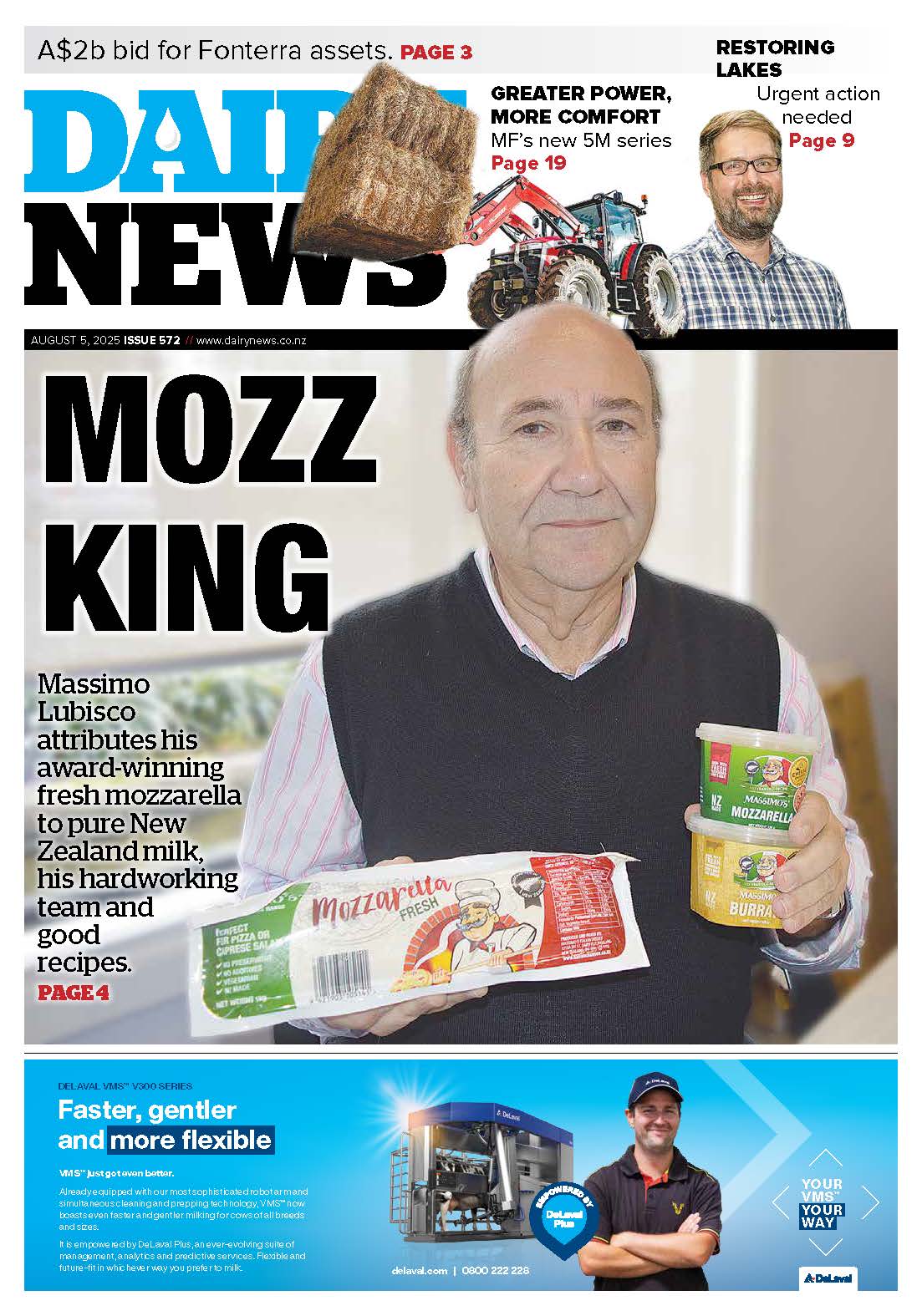In recent years, land use change, including intensification, have prompted changes in types of stock, dry matter production, stocking rates and nutrient input. All these can affect the environment.
For example, a common practice during winter is to graze cattle intensively on large quantities of forage crops in relatively small areas which, if not managed well, can result in soil damage and risk other environmental impacts such as polluting surface and groundwater.
Livestock density is not the only factor affecting water quality; selection of feeding sites and management of wintering systems are also important considerations.
Also, wet pasture, heavy grazing and the resulting compaction can reduce pasture growth and detract from farm productivity.
Feed pads and stand-off pads are options for protecting soil physical structure over wet periods. The feed pad is a dedicated concrete platform where supplementary feeds are fed to the stock. Higher feed efficiency is achieved as the wastage is reduced to about 5% as against about 20% or more when silage is fed in paddocks.
A stand-off pad is a dedicated loafing area for stock, with a soft free-draining surface and typically wood chips, kind to hooves.
As stock can be withheld from pasture for longer times, the area required per cow has to be bigger, say about 8m2.
Capture of effluent is an important aspect of stand-off pads. The law requires that the base of any feedpad or standoff pad is properly sealed underneath with, say, compacted clay, a synthetic liner or concrete.
Herd home technology has also recently gained in popularity. It is a combination of a feeding platform, standoff facility and animal shelter. Stock are fed on slatted, reinforced concrete floors. Cows’ effluent drops through the slats into a concrete lined bunker.
Sacrifice paddocks, common in years gone by, are now generally discouraged. They risk damage to soil structure and may cause lameness and mastitis. If soil potassium levels become too great (potassium is excreted in urine) it may predispose the calving cow to metabolic problems.
When building any wintering pad allow for solid and liquid waste disposal. Design the pad so that contaminants run into the farm’s effluent disposal system.
Locate the feed pad or standoff pad well away from any waterway. It is unlawful to allow effluent runoff to enter streams or seep into groundwater.
Do not feed out supplementary feeds in areas where run-off water may reach any water body. If possible avoid feeding out in these paddocks.
• Bala Tikkisetty is a sustainable agriculture coordinator at Waikato Regional Council. Tel. 0800 800 401 or This email address is being protected from spambots. You need JavaScript enabled to view it.





